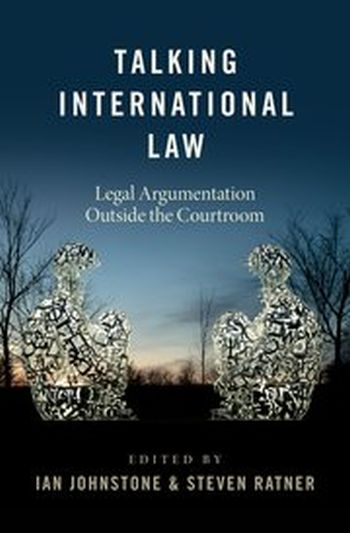
Examining legal argumentation by states and other actors in the settings where it mostly transpires - outside of courts -Talking International Law challenges the realist assumption that legal argumentation is largely inconsequential. Addressing a gap in scholarship within international law and international relations theory, this book provides a comprehensive analysis of why it occurs, how, where, and to what effect by exploring the phenomenon in a range of issue areas, from security and human rights, to the environment, trade, and intellectual property.
Diplomats and other governmental actors are the principal participants in international legal discourse, but intergovernmental officials, non-governmental organizations, academics, corporations, and even non-state armed groups also engage in "law talk." Through close examination of legal arguments in political and other settings, the authors uncover various motives these actors have for making legal claims - including persuasion, strategic calculations, assertions of identity, and the felt need to legitimate one's actions - or to delegitimate those of an adversary. Legal argumentation can have short-term and long-term effects, both intended and unintended, on immediate participants or a wider net of actors. By bringing together distinguished scholars with diverse perspectives and senior practitioners from around the world who engage in such argumentation themselves, the book offers a unique exposure to the multi-faceted practice of legal argumentation and thereby deepens our understanding of how international law actually operates in international affairs.